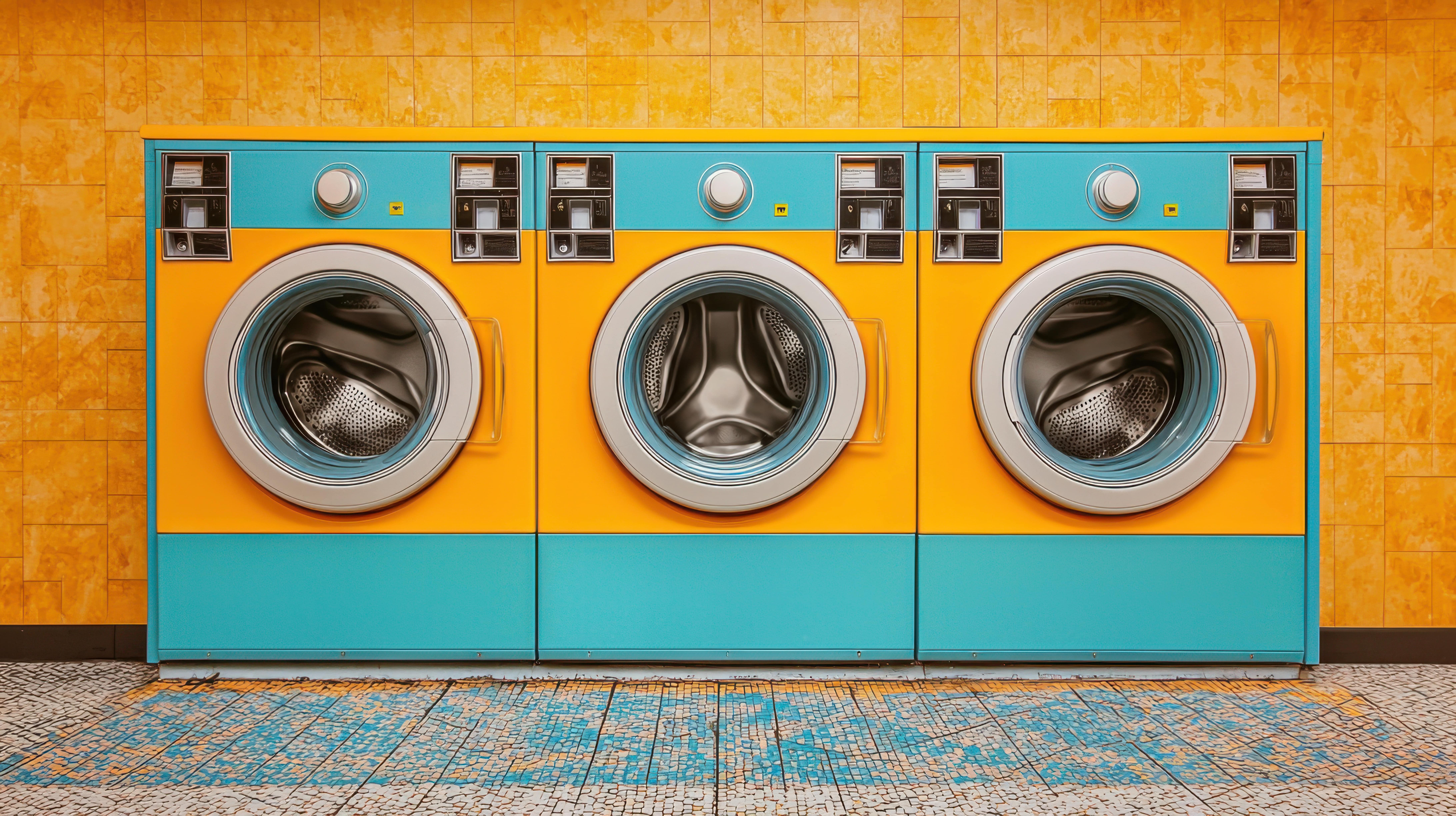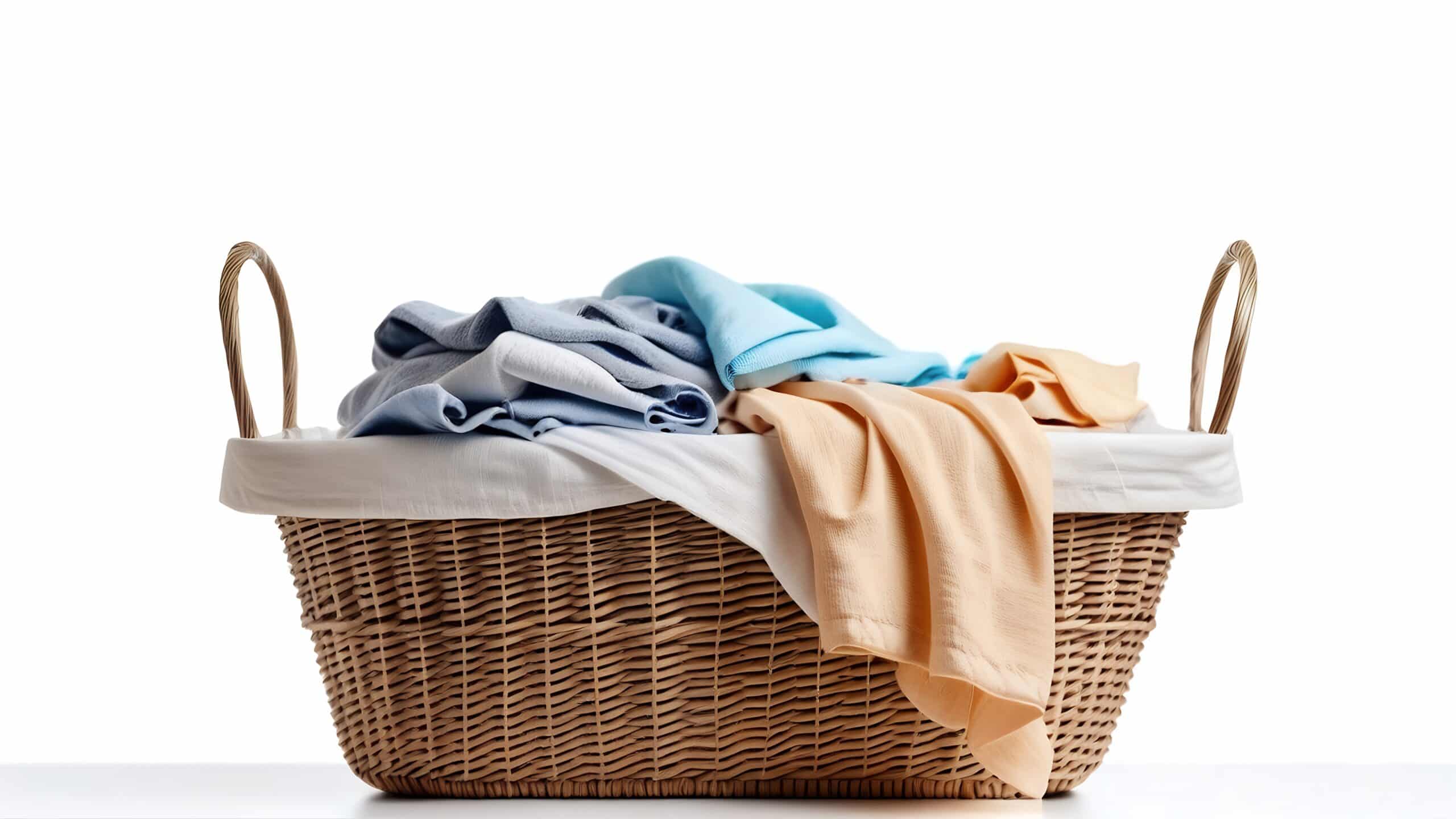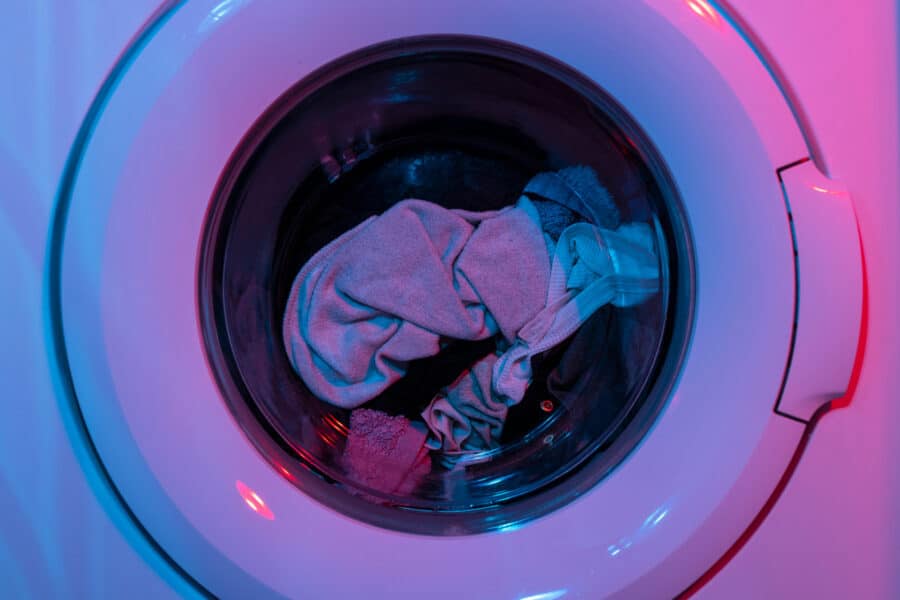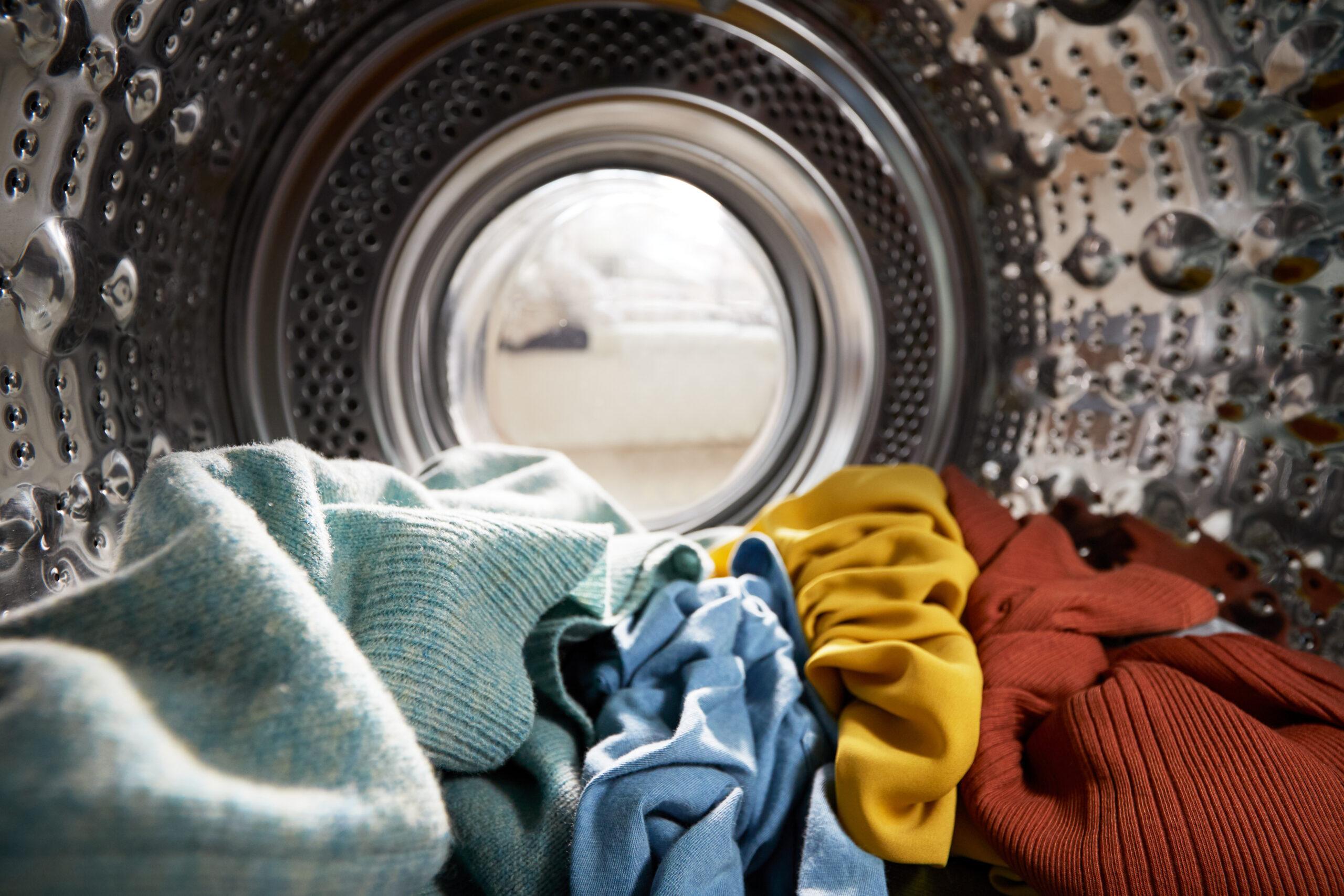When it comes to running a care home, laundry is more than just a chore — it’s a vital part of infection control and resident wellbeing. A question we often hear is: what’s the difference between domestic vs commercial laundry in care homes? At first glance, using domestic machines might seem like a cost-saving shortcut. But in reality, the choice between domestic vs commercial laundry systems has serious implications for hygiene, compliance, and day-to-day efficiency.
Why Laundry Standards Matter in Care Homes
Care homes handle soiled linen daily, often contaminated with bodily fluids, bacteria, or viruses. As a result, the washing process must go beyond simply “looking clean.” It needs to deliver thermal or chemical disinfection that kills pathogens and meets Department of Health and Social Care guidelines.
Transitioning from domestic to commercial laundry isn’t just about scaling up—it’s about meeting healthcare-grade standards. Domestic machines simply aren’t built for this level of performance or consistency.
Domestic vs Commercial Laundry: What’s the Difference?
Understanding the difference between commercial and domestic laundry equipment can help care home managers make informed, compliant decisions. Here’s how they compare:
-
Disinfection Capabilities
Domestic machines often operate at lower temperatures and lack validated disinfection cycles. In contrast, commercial washers can achieve thermal disinfection (71°C for 3 minutes) or chemical disinfection with auto-dosing systems.
Explore auto-dosing systems for care homes
-
Water Regulations Compliance (WRAS)
Commercial laundry equipment used in care homes must be WRAS-approved Category 5 to prevent backflow contamination. Most domestic machines don’t meet this legal requirement.
-
Capacity and Durability
Domestic washers and dryers are designed for occasional household use. In a care home, they break down more quickly under heavy loads. Commercial machines are built for reliability and faster cycle times, which helps prevent laundry backlogs.
-
Servicing and Maintenance
Care home operators are legally required to maintain equipment under PUWER regulations. Commercial machines are serviceable, auditable, and covered by maintenance contracts. Domestic ones are not.
Book equipment servicing for your care home
What the Guidelines Say
According to the Health Technical Memorandum (HTM) 01-04, healthcare laundry processes must achieve full disinfection. The Care Quality Commission (CQC) also looks for evidence of compliant laundry systems during inspections.
Using domestic equipment could lead to:
- Failed inspections
- Infection outbreaks
- Invalidated insurance coverage
So, while domestic machines may be cheaper upfront, the risks and long-term costs are significant.
Signs It’s Time to Upgrade
Still using domestic equipment? Here are a few signs it’s time to consider upgrading:
- Machines can’t maintain 60°C+ for entire cycles
- Growing laundry volumes and delays
- Frequent machine failures
- No validation or disinfection records
Switching to commercial laundry isn’t just a compliance move—it can drastically improve turnaround time and energy efficiency.
What to Look for in a Commercial Setup
When selecting commercial laundry equipment for a care home, consider:
- WRAS Category 5 backflow protection
- Auto-dosing systems for consistency and safety
- Disinfection validation features
- Energy and water efficiency ratings
- Servicing contracts with 24/7 response
See our care home laundry range
Final Thoughts
While it may be tempting to use domestic laundry machines in a care home, it’s simply not worth the risk. Commercial laundry equipment ensures you meet health regulations, protect residents, and avoid service interruptions. When comparing domestic vs commercial laundry, it’s clear that the stakes are higher in care environments. The wrong choice doesn’t just risk breakdowns — it can lead to failed inspections and unsafe hygiene practices.
Choosing the right laundry setup is a critical decision. It affects everything from infection control to staff efficiency to suitable chemicals.
Need help reviewing your current system? Get in touch for a free consultation.
Clean laundry isn’t just about comfort—it’s a matter of safety. Make sure your care home is equipped for both.
Our team are experts in laundry equipment, and their systems and chemicals. Book a free consultation below to learn more.
Domestic vs Commercial Laundry FAQs
Are domestic washing machines allowed in care homes?
No, domestic machines do not meet healthcare standards. Care homes must use WRAS-approved commercial machines that provide validated disinfection. See compliant laundry systems for care homes.
Why is commercial laundry safer for care homes?
Commercial laundry systems are built for infection control. They offer reliable disinfection, auto-dosing, and maintenance tracking—all essential for meeting CQC expectations and keeping residents safe.
Does the Care Quality Commission (CQC) accept domestic vs commercial laundry setups?
The CQC expects care homes to follow HTM 01-04 laundry guidelines. Domestic machines do not meet those requirements. During inspections, lack of commercial laundry systems can result in failed compliance checks.
How can I upgrade from domestic to commercial laundry equipment?
Upgrading starts with an assessment of your current laundry setup. Look for WRAS Category 5 machines, auto-dosing systems, and service contracts. Book a laundry consultation with Able to get expert advice on compliant upgrades.





